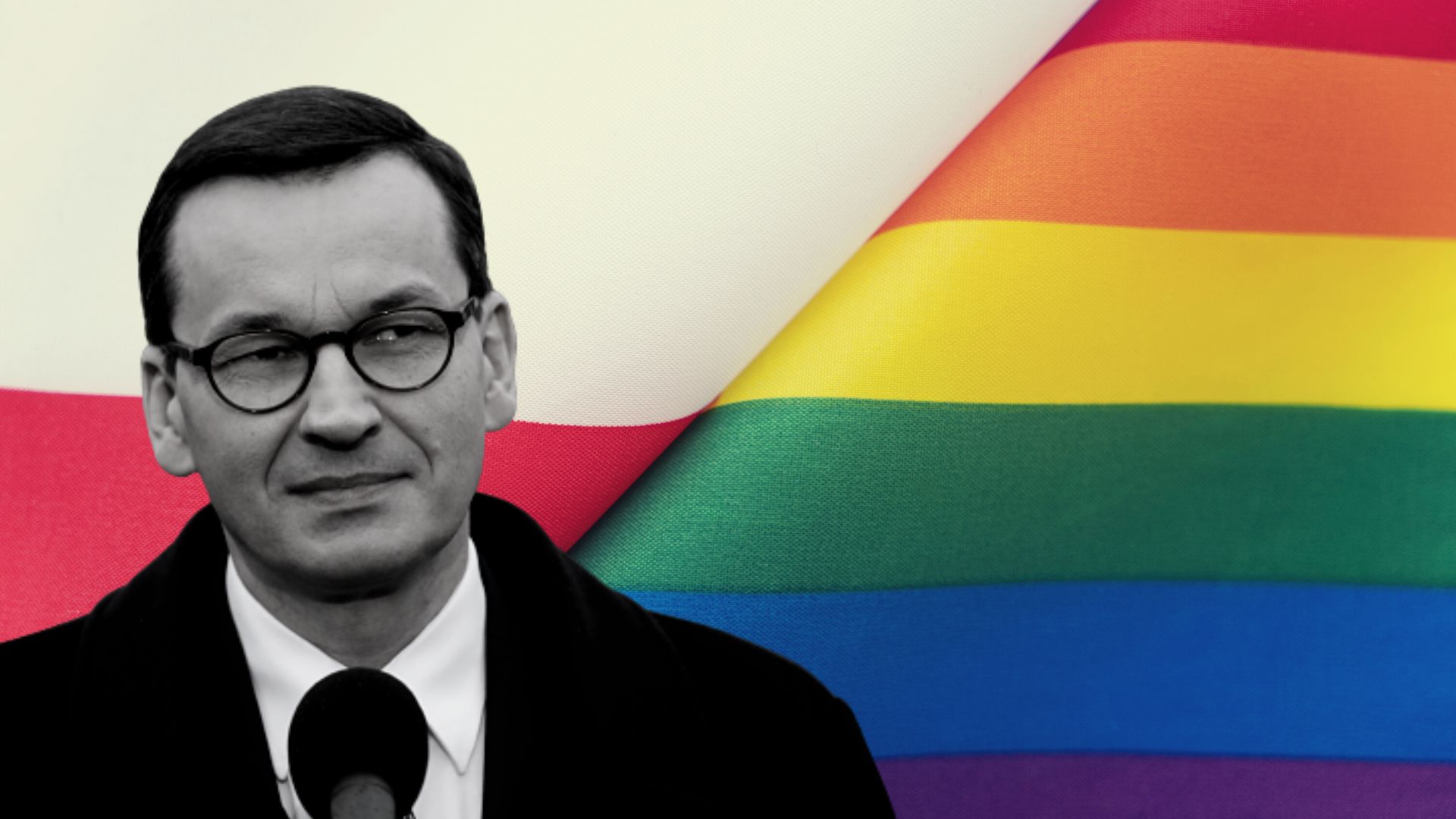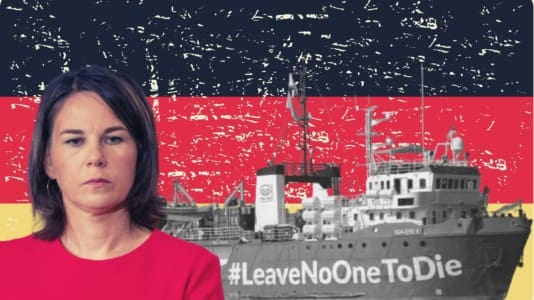Unfortunately, during its eight years in government, the supposedly conservative government of the United Right coalition led by Law and Justice (PiS) in Poland did very little to protect freedom of expression and children against LGBT and gender ideology, noted Paweł Lisicki, the chief editor of an influential conservative weekly, Do Rzeczy, at a conference titled “Freedom of conscience and LGBT ideology,” which took place in Warsaw last week.
Lisicki cited the Hungarian way as an example of what should have been done, referring to Hungary’s child protection law against LGBT propaganda aimed at minors and the ban on sex change procedures for minors.
As far as school children are concerned, this lack of sufficient action by Law and Justice was confirmed at the same conference by Barbara Nowak, the school superintendent for the province of Lesser Poland, or Małopolska.

In Poland too, Nowak said, sex educators and the entire LGBT activist community dream of sexualizing children in schools. She warned that “it’s a mistake to think that it’s just a matter of some strangers entering a school and indoctrinating in some extra classes. Today, it’s a whole range of different kinds of activities and actions, and they are very effective.”
Nowak explained that, currently, the problem is with teachers themselves who have undergone “equality” training provided by LGBT organizations, and they sometimes try to pass on the content of their training to children as part of their classes, without parents even knowing it.
Nowak also pointed to the growing presence of psychologists and other specialists in schools, who take on the role of parents and fail to inform the real parents of sessions and therapies they have with their children.
These are all things the Morawiecki government has failed to take seriously, and it is not a matter of two bills proposed by Education Minister Przemysław Czarnek having been vetoed by President Duda, the Małopolska school superintendent explained, but a matter of the existing law not being respected by some teachers and school directors and of the Polish state not acting on this.
As Paweł Lisicki explained, the supposedly conservative government of Poland was afraid of opening a new front in its tug-of-war with Brussels.
[pp id=95946]
This, by the way, explains why it has also failed to support the Polish local governments in the face of the European Commission’s financial blackmail, which has forced many of them to repudiate their resolutions on adopting a charter for the rights of the family and/or resolutions stating that they would refrain from imposing LGBT ideology within their scope of action, which includes the management of schools.
One could also mention Mateusz Morawiecki’s unfulfilled pledge, made in late 2019, that a new law would effectively restrict minors’ access to online pornography in Poland.
“We have received a concrete bill, and with this bill, we want to enter the legislative process very soon,” Morawiecki announced in December 2019, while his minister for families, Marlena Maląg, told Poles that the bill could be passed into law by the Polish parliament in the first semester of 2020.
For some reason, this has never happened.
Another issue a conservative government and parliamentary majority so engaged in reforming the judiciary should have tried to tackle is that of left-leaning, LGBT-lobby-friendly judges who, in Poland too, have shocked public opinion with their rulings in recent years.
This issue was mentioned by the chief editor of the Do Rzeczy weekly at the “Freedom of conscience and LGBT ideology” conference in Warsaw on Oct. 12, when he gave his own recent experience with a court case:
“A few days ago, there was a ruling in a case where I was the plaintiff. The case concerned the removal by YouTube of two videos in 2019 in which I explained what the Catholic approach to homosexuality, LGBT, etc. looks like. YouTube took it down, and I challenged this decision by filing an action in civil court. At play was the protection of my personal rights and the right of expression.
The court rejected my action. The most interesting thing was the justification given. Basically, the judge relied on the claim that there is such a thing as ‘hate speech’ in Polish law. (…) Then, in the same sentence in her oral reasons, she stated ‘despite the lack of a definition of hate speech,’ and so on. (…) And the judge also said to me, the plaintiff: ‘You’re the editor-in-chief of Do Rzeczy (to the point), and you’re talking pretty much out of turn.'”
This is when Lisicki said that the pressure of the LGBT lobby is very present in Poland too, being actively supported by the United States and the European Union, and the conservative majority in power in Warsaw has unfortunately done very little to protect freedom of expression.
Also mentioned at the Warsaw conference, which was co-financed by the Ministry of Justice, was the LGBT+ Declaration of Mayor Rafał Trzaskowski in Warsaw. This has also not been met with decisive action from the Morawiecki government, although it is in breach of Polish law, at least in that the mayor thus exceeds his competencies by trying to influence the school curriculum.
School superintendent Barbara Nowak mentioned the presence in the public schools in the Polish capital of “equality officers” who observe the behavior of children and tell them when they think they have homosexual tendencies. This is part of a new program called “Human Rights Friendly Schools.”
“If you think Mayor Trzaskowski has renounced to enforce his LGBT+ Declaration, you’re mistaken,” Nowak said.
In an interview published in 2020, Barbara Nowa explained the Polish government’s failure to act in the following manner:
“One might suspect that since a conservative government is in power — and we have a good education law in Poland with traditional values explicitly mentioned in the preamble — there are no major threats here. However, we have known for quite a long time that the opposite is true. This system is not working so well. The responsibility for this falls on the government. However, I think the problem here is not a disregard for this phenomenon, but simply a lack of knowledge about the dangers of gender/LGBT ideology. And this is true in the government as a whole, as well as in the Ministry of Education, and in the Ministry of Family, Labor and Social Policy.”
Poland did not need to wait for a victory of the liberals and the left in the Oct. 15 elections to enforce the WHO’s new version of the International Classification of Diseases, ICD-11. It is a classification that has been adopted by 35 countries only, out of 194 WHO member countries. It removes gender identity disorder from the list of mental illnesses and replaces the notion of biological sex with that of “experienced/expressed gender” and “assigned gender.”
It is Mateusz Morawiecki’s government that adopted this new WHO classification.
Although it criticized its adoption by the Civic Platform-led coalition in 2015, Law and Justice has also failed to revoke Poland’s ratification of the Council of Europe’s Istanbul Convention on preventing and combating violence against women and domestic violence, dubbed the “gender convention” by its critics because of its assumptions based on gender ideology.
This failure to act has made it easier for the Eurocrats in Brussels to impose this gender convention on Ukraine in times of war and to have it adopted by the European Union, which means that its provisions will now be imposed on countries that have refused to adopt it through EU law and European Court of Justice (ECJ) rulings.
Perhaps the Morawiecki government’s persistent “lack of knowledge about the dangers of gender/LGBT ideology” underlined by school superintendent Barbara Nowak contributed to the United Right coalition’s failure to secure a third consecutive victory in Sunday’s parliamentary elections. Isn’t it significant that Justice Minister Zbigniew Ziobro’s Sovereign Poland party, which, as part of the United Right coalition, was more outspoken and active in that field and more unashamedly conservative than Jarosław Kaczyński’s Law and Justice, has managed to maintain its number of deputies in the Sejm when Law and Justice has lost a few dozen?





